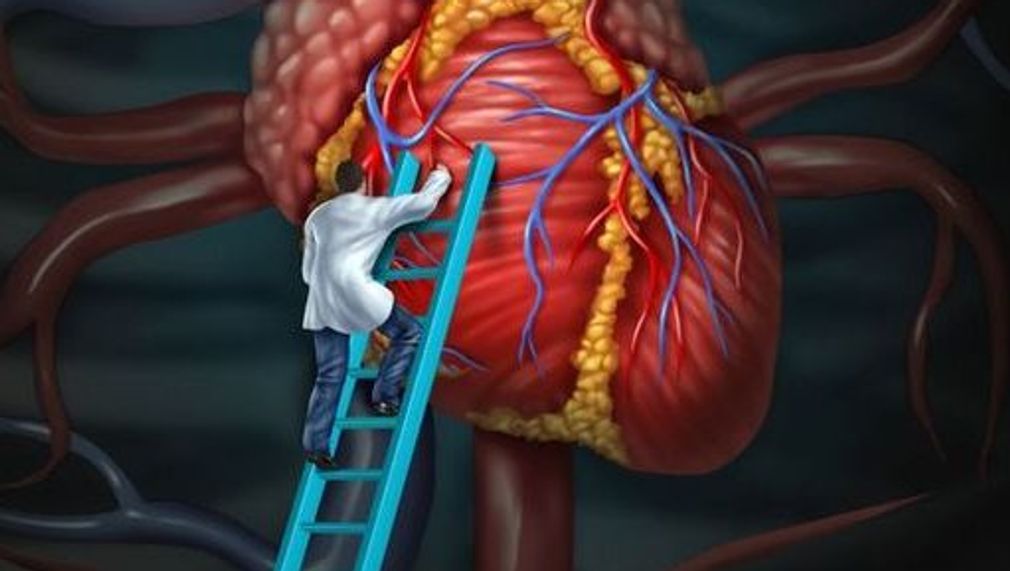Relational Medicine: National Movement Recognizes Compassionate Patient Care
Based on Dr. Federica Raia's ethnographic and participatory research, the Relational Medicine Foundation's key activities include: patient and student involvement in the artistic integration of Art and Medicine to aid the process of healing through collaboration with innovative and well-respected arts and cultural institutions, and the dissemination of research results to the community.

How do you plan to use these resources to make change?
Conduct research
Engage residents and stakeholders
Implement a pilot or new project
Expand a pilot or a program
Mobilize for systems change
Advocate with policymakers and leaders
Implement and track policy
How will your proposal improve the following CREATE metrics?
Employment in the creative industries
Arts establishments per capita
Federal research grant funding
Jobs per capita
Venture capital investment
Measures of cultural and global economic influence (“soft power”) (Dream Metric)
Percentage of graduates from local higher education institutions that remain in LA County 5 years after graduating (Dream Metric)
Unemployment rates (and opportunities) for the formerly incarcerated (Dream Metric)
Describe in greater detail how you will make LA the best place to CREATE.
Forty years ago, it was unthinkable to live a life with an artificial heart, with somebody else’s heart, or with an assist heart pump. The unfathomable experiences of a person in interaction with the scientific and technological advances as experienced in advanced heart failure are novel to patients and their families, and unknown to health care professionals (e.g. http://ampersand.gseis.ucla.edu/federica-raia-book-on-relational-medicine-reveals-doctor-patient-collaboration-2/; http://newsroom.ucla.edu/stories/q-a:-federica-raia-and-life-with-a-new-heart ). For the last five years, Dr. Federica Raia conducted an ethnographic and participatory research study on the practice of high-tech modern medicine in collaboration with the advanced heart failure cardiologist Dr. Mario Deng, director of the UCLA Integrated Advanced Heart Failure-Mechanical Support-Heart Transplant Program. Based on ethnographic work and the analysis of recorded medical encounters following patients with their doctor encounters for two years, the authors provide a comprehensive framework for understanding the practice of high-tech modern medicine (PS More information about this book can be found in http://www.worldscientific.com/worldscibooks/10.1142/9065). What Dr. Raia discovered in her research revealed that the marvels of technology mandate the practice of Relational Medicine, i.e. the integration of body, science technology and personhood into one singular framework of practice and that this integration can mean the difference between life and death. For the thousands of heart failure patients that receive treatment at UCLA Reagan Medical Center, their often prolonged recovery can critically diminish their physical, mental and spiritual health.
The Relational Medicine Foundation aims to launch an art intervention program that allows patients – through art and creative pursuits – to keep them optimistic through their recovery. Patients spend such long periods of time in the hospital due to their Heart Disease, and providing them with an opportunity to express their emotions creatively would be invaluable to their mental and physical health to ultimately decrease the Heart Failure burden. We hope that our project will serve as a model to other medical centers. It is in our vision to support future research that will advance Heart Failure knowledge and care.
Please explain how you will evaluate your work.
Dr. Federica Raia, a complexity scientist and assistant professor in the UCLA Graduate School of Education and Information Studies and the UCLA David Geffen School of Medicine, has extensive experience evaluating the impact of ethnographic work and the analysis of recorded medical encounters following patients with their doctor encounters for two years, and she has provided a comprehensive framework for understanding the practice of the patient-doctor collaboration in high-tech modern medicine. With Dr. Mario Deng, Professor Raia has established the Relational Medicine Foundation.
To measure community level impact of using the arts to aid patients in their journey of healing and to educate patients about preventative measures, we will work with the UCLA Fielding School of Public Health to develop questionnaires further distributed to the community electronically. The questionnaires could be distributed to community members through an app developed to display the patients’ work.
How can the LA2050 community and other stakeholders help your proposal succeed
Money (financial capital)
Volunteers/staff (human capital)
Publicity/awareness (social capital)
Education/training
Technical infrastructure (computers, etc.)
Community outreach
Network/relationship support
Quality improvement research